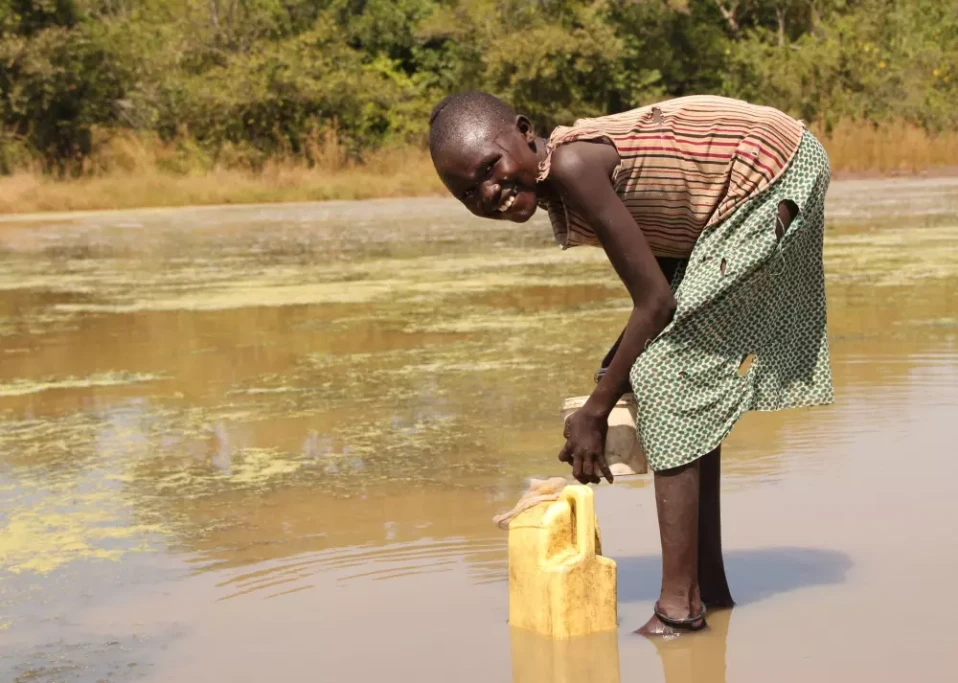
Villagers from Ruop, Yill, Watnhom and nearby cattle camps in Awerial County say they are suffering shortage of clean drinking water after their water filters worn out.
“We do not have any clean source of water like boreholes; we drink from ponds. So, we need filters,” said Moses Majier, villager.
The water filters were donated to the communities by the Carter Center organization last year to prevent diseases such as like Guinee worm, Typhoid and Bilharzia.
With their current situation, they fear that they are likely to contract the waterborne diseases.
They call on the management of Carter Center organization responsible for Guinee warm program in Awerial to help them.
Akuach Mawut, a mother, wonders why it has taken the organization long to get them water filters.
“They used to come to our villages to give us filters. Our filters now have holes on them; they cannot filter water any more,” she said.
Fifty-nine per cent of the population in South Sudan lacks access to safe water, according to the United Nations Children’s Fund.
To survive, families may be forced to drink dirty water, putting them at risk of waterborne diseases such as cholera and diarrhoea, which remain the leading causes of death among children in South Sudan.
For her part, Ngong Wal, a cattle keeper, says he now uses a piece of cloth to filter water:
“Now some of us use our cloths to filter water. We in the cattle camps, who wander from place to place without any stable source of drinking water, really need filters.”
In a response, a representative for the Carter Centre says they will start giving out water filters next week, starting with those in cattle camps.
“It IS true we normally distribute filters to the villagers and cattle camps. But this year, we will only prioritize cattle camps because we do not have enough filters to give,” Samuel Makur Manyot told Mingkaman FM on Thursday.